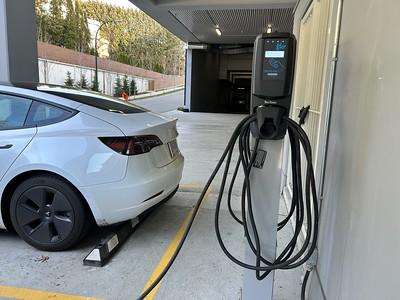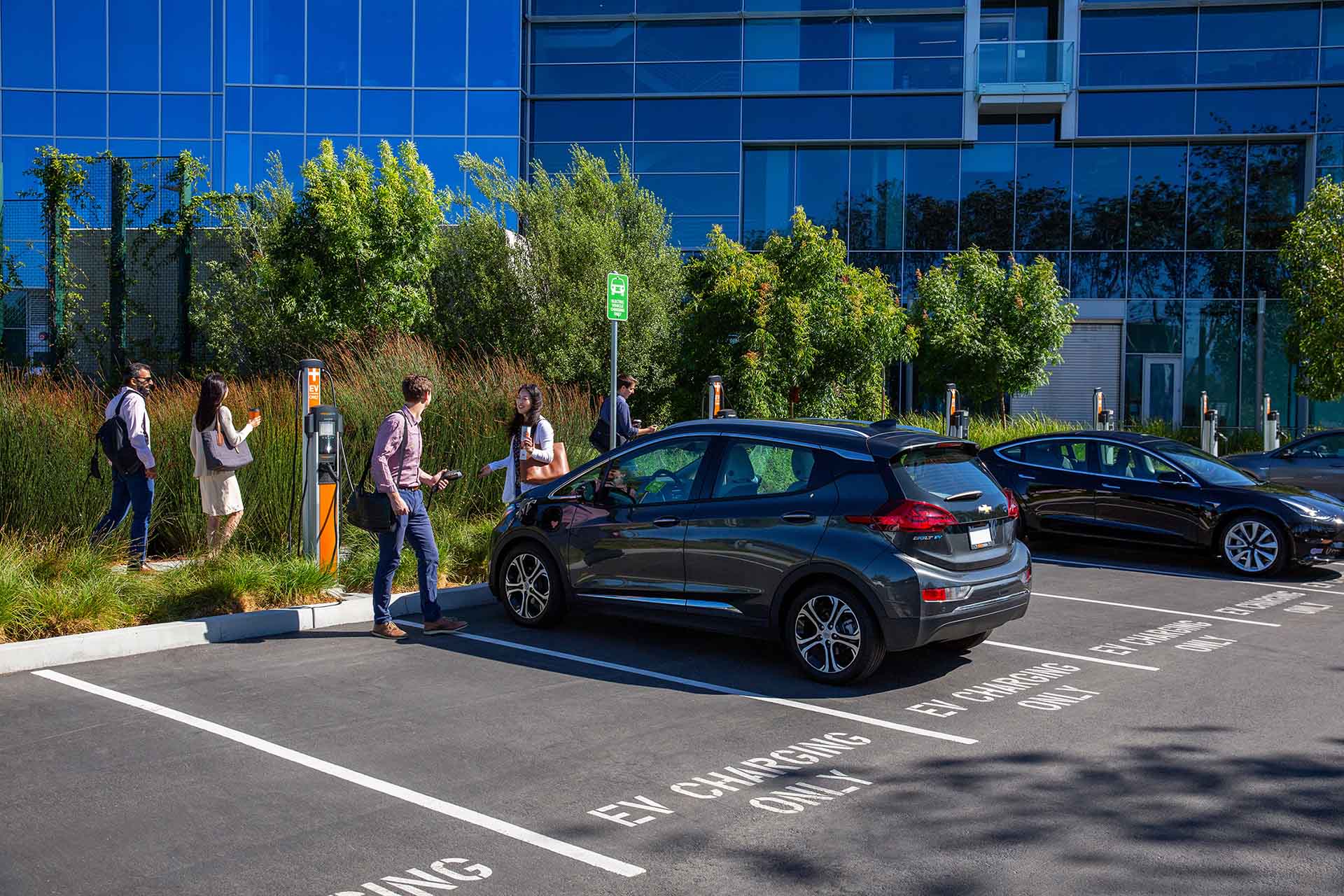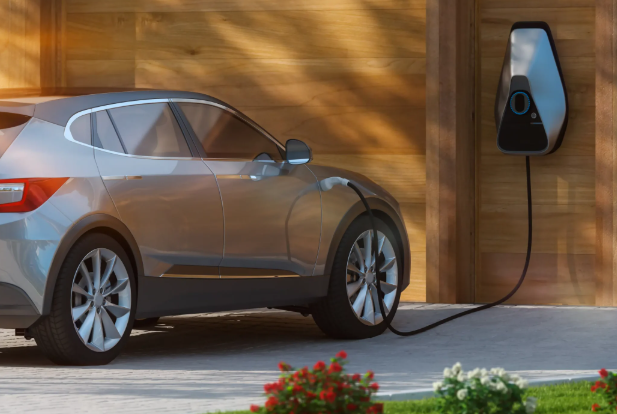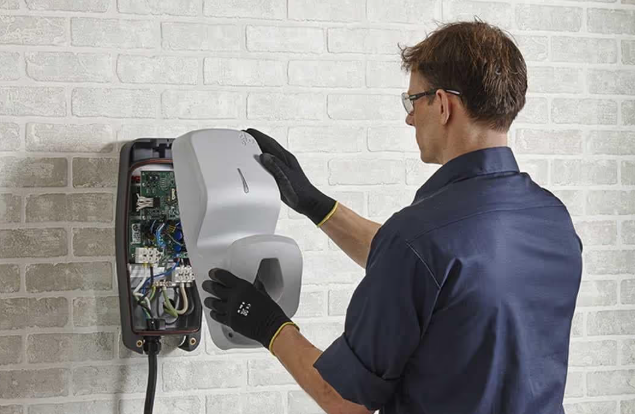Introduction
As the transition towards electric vehicles (EVs) accelerates, the development of faster and more advanced home charging solutions is poised to play a pivotal role in shaping the future of electric mobility. The technological advancements in EV home chargers have the potential to revolutionize the way we charge our vehicles at home and contribute to a seamless and sustainable EV ownership experience. We will explore the future of faster EV home chargers and their transformative impact on the EV landscape.
Ultra-Fast Charging Speeds
The future of EV home chargers promises even faster charging speeds, leveraging higher power outputs and advanced charging technologies. With advancements in power electronics and battery management systems, homeowners can anticipate home chargers capable of delivering ultra-rapid charging speeds, significantly reducing the time required to replenish an EV’s battery.
Bidirectional Charging Capabilities
The next generation of EV home chargers may feature bidirectional charging capabilities, enabling power flow from the vehicle’s battery back to the home or the grid. This two-way energy transfer capability holds the potential to turn EVs into mobile energy storage units, offering backup power during outages and supporting the integration of renewable energy sources into the grid.
Integrated Energy Management Systems
Future EV home chargers will likely seamlessly integrate with home energy management systems, optimizing charging times to take advantage of cheaper off-peak electricity tariffs and balancing energy consumption across household appliances. This level of integration can lead to cost savings and increased energy efficiency.
Wireless Charging Technology
Advancements in wireless charging technology are paving the way for integrating wireless EV charging solutions into residential settings. Homeowners can look forward to the convenience of parking their EV over a wireless charging pad, eliminating the need for physical plugs and connectors.

Enhanced Smart Features and Connectivity
The future of EV home chargers will undoubtedly feature enhanced smart capabilities, including artificial intelligence (AI) algorithms for predictive charging, real-time energy monitoring, and seamless integration with smart home ecosystems. These advanced features will offer EV owners greater control and insight into their charging habits and overall energy consumption.
Vehicle-to-Home (V2H) and Vehicle-to-Grid (V2G) Integration
The convergence of EVs, home energy systems, and the electrical grid will likely enable vehicle-to-home (V2H) and vehicle-to-grid (V2G) functionalities. This interconnected ecosystem will empower EV owners to use their vehicles as energy storage units, contributing to grid stability and supporting the efficient utilization of renewable energy resources.
Sustainable Materials and Aesthetics
In addition to technological advancements, the future of EV home chargers will prioritize sustainable materials and visually appealing designs. They will seamlessly blend into home environments while reflecting a commitment to eco-friendly practices.
Conclusion
The future of faster EV home chargers represents an exciting frontier in the evolution of electric mobility. With the promise of ultra-fast charging speeds, bidirectional capabilities, integrated energy management systems, wireless charging technology, enhanced intelligent features, and V2H/V2G integration, these chargers will redefine the concept of home charging. The ongoing convergence of electric vehicles with renewable energy and smart grid technologies signifies a future where EVs and their charging infrastructure will enhance mobility and contribute to a more sustainable and resilient energy ecosystem. As the EV industry continues to innovate, the emergence of faster and more advanced home chargers will undoubtedly shape the next phase of electric transportation.

Download the JuiceNet App Today!
Charging Electric vehicles EV's Ev Charge EV Charging Future Green Energy News & Updates Retention & engagement






